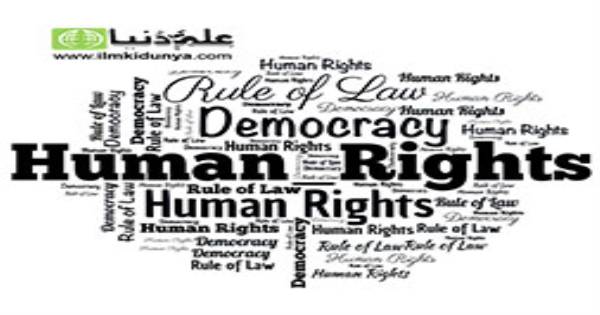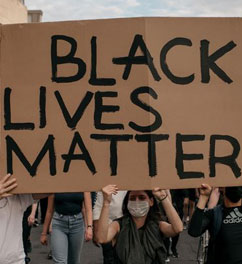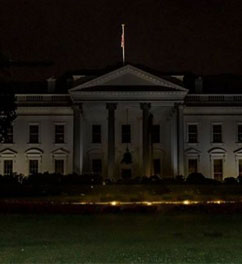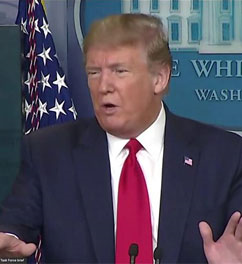In this article we have examined the profile of good governance, leadership, corruption, education and judiciary in Pakistan. We will compare the past and present bases of governance. It is the specific combination of variables which brings about violent conflict between the states on the one hand and other side social and political forces. Good governance is the instrument of political, economic, and administrative authorities to manage a nation’s affairs. Good governance deals with the nature and limits of state power. Achieving objectives of good governance requires a long term political commitment to make the system work.
It is argued that there is no single pattern of emergence of conflicts in Pakistan. In Pakistan political leaders and parties have failed to establish a stable democratic order. Economic stagnation and underdevelopment, political power struggle, corruption and incompetence have led to widespread popular disenchantment and even despair. Pakistan political history reveals that authoritarian state structure, weak democratic institutions, and the absence of democratic values and norms. Authoritarians and corrupt rule have left the political leadership unable to work collectively to strengthen and maintain democratic institutions and values.
Our leaders have often misjudged their friends and foe. State power is used only for the advantage of the rich and corruption has becoming institutionalized and more risk is well developed practice. All institutions have been corrupted and people have weakened confidence in political structure, executive authority and judiciary system. Pakistan’s political culture characterized by narrow mindedness, a lake of public spiritedness, short term thinking and failure to follow constitutional and democratic principles.
The country faced bad governance at each level. There is complete confusion in the rank of the top leadership. Pakistan has suffered corruption it had become epidemic in ruling circles. The common person continued to suffer. Today values of social morality and virtue seem to be finding out in the face of race for money and power.
Problem of Governance and Corruption:
Good governance has gained significant attention in the world especially in the last decade. It can also be seen as the instrument of the effectiveness of the society’s institutions. The concept of good governance in various diminution such as the rule of law, government effectiveness and control of corruption.1 First we discuss the corruption and its bad affects. As we know that corruption is a worldwide happening phenomena. Corruption is as old as human history.
It is intimately connected with unequal income distribution and concentration of wealth in the hands of a few. Corruption weakened every state institution including democracy and the rule of law. It is one of the most serious obstacles to reducing poverty as it denies poor the fundamental right of survival, forcing them to spend more on bribe to survive. Dishonest politicians, civil and military officers are not doing their responsibility truthfully.
They want cash to do any work. Immense numbers of peoples are unemployed and in a globalizing world the increasing interconnectedness of nations and people has made the differences among them more glaring. No state with a corruption has ever progressed in entire human history.
Today the world has more democratic countries and more political participation. Today world is global village and no nation can stay an island and remain untouched. Within this circumstance, corruption too is more and more becoming familiar as a problem of global nature, calling for new and strengthened worldwide responses and tactics. For developing countries the added global dimension of corruption, as well as extra societal evils. Lack of opportunities, poverty, inequality and corruption in developing countries can be channeled and targeted every place around the globe. Corrupt administrative practice, and then emerge at the interface of the political leadership and the allegedly nonaligned professional public management.
Theories of Corruption:
Theory no.1, (Huntington Leff)
Good and misguided governments formulate systems that are too rigid. Venal bureaucrats curve the rules. Corruptions diminish red-tap and if any thing improves allocate efficiency.
Theory no.2, (Laffon-Tirole)
Good and smart governments plan systems that ought to be rigid. Venal bureaucrats bend the rules. Corruption reduced red-tap and worsens palliative efficiency.
Theory no.3, (Shleifer-Vishny)
Greedy and smart governments make rules that are too lax. Allows bureaucrats more discretion then they should have. There is no red-tap and there need no any corruption. Allocative efficiency suffers a lot.
Theory no.4,
Good and smart governments make rules that make it tempting for the bureaucrat to take money and bend the rules. The bureaucrat introduces red-tap in order to bend the rules in a way that protects him. Corruption and red tap go together.
Kinds of Corruption:
Now we briefly discuss the different kinds of corruption. In our daily life we face different kinds of corruption.
Firstly we discuss the “Decomposition” in which major changes caused in the total structure of political administrative system.
Secondly, “Political Corruption” it is common in all third world countries, in which officers seek illegitimate personal gain through actions such as bribery, cronyism, nepotism, patronage, and graft etc.
Thirdly, “Data Corruption” in which each sector we can see that the interruption of the transmission of data in different fields from one place to other to change the original one to have some financial benefits and devastate the system. It’s best example is banking, other departments also involve in this corruption, in educational institutions our corrupt officers and large number of corrupt subordinate rank representative/ clerk/ make and send wrong data like seniority lists, qualification wise list etc. Another major fault is fake degree holder’s politicians and officers at top level. A fight against corruption polices with the help of education we can develop awareness rising about corruption issues among the general public.
Fourth, is “Corrupting The Youth” the involvement of teachers/ professors/ lecturers/ scholars/ in spreading positive and constructive education in right direction about ethics issues has been one of many components of the overall awareness campaign, which encompasses the use of mass media investigative documentaries interaction with public office holders, and the introduction of changes in the curriculum being taught at schools through a consultative process involving teachers and the ministry of education.
Fifth, is ‘Time Wasting” in the name of waiting eradicate and raze precious time. It is necessary to install ethical behavior and attitude within the society from an early age, for instance conduct regular media campaigns on corruption issues. It’s needed that sets an incentive for these targeted institutions and branches of the state to change their behavior. As compared previous governments corruption increased in all sectors like education and judiciary etc3.
Quaid-e-Azam Address to The Constituent Assembly Of Pakistan August 11th 1947:
“I think our condition is much worse is bribery and corruption. That really is a poison. We put that down with an iron hand and I hope that you will take adequate measures as soon as possible.” Pakistan since its beginning was deficient in well prepared and well recognized political parties that could bear the envoy arrangement of governance forward. Elections in Pakistan had been rigged before, particularly the presidential election in 1965 and the provincial assembly elections in early 1950s, but rigging in these instances did not provoke the mass uprising as it did in 1977, which the PPP succeed with the huge bulk. But the opposition parties alleged that the election had been rigged on a massive scale. The people of Pakistan were manifestly not of the identical mind now as they were in that former periods.4
During the democratic period of both Benazir Bhutto and Muhammad Nawaz Sharif’s period dismissal on the corruption basis and exploitation of rule of law is create the major obstacle in the democratic way. Now again when we evaluate present elected government we can see that like the past governments it again façade the crisis with judiciary and situation of rule of law in a country is very shocking.
In sum three main reasons of corruption,
- Discretionary power.
- Lake of accountability.
- Lake of transparency, etc.
(Continue)











































